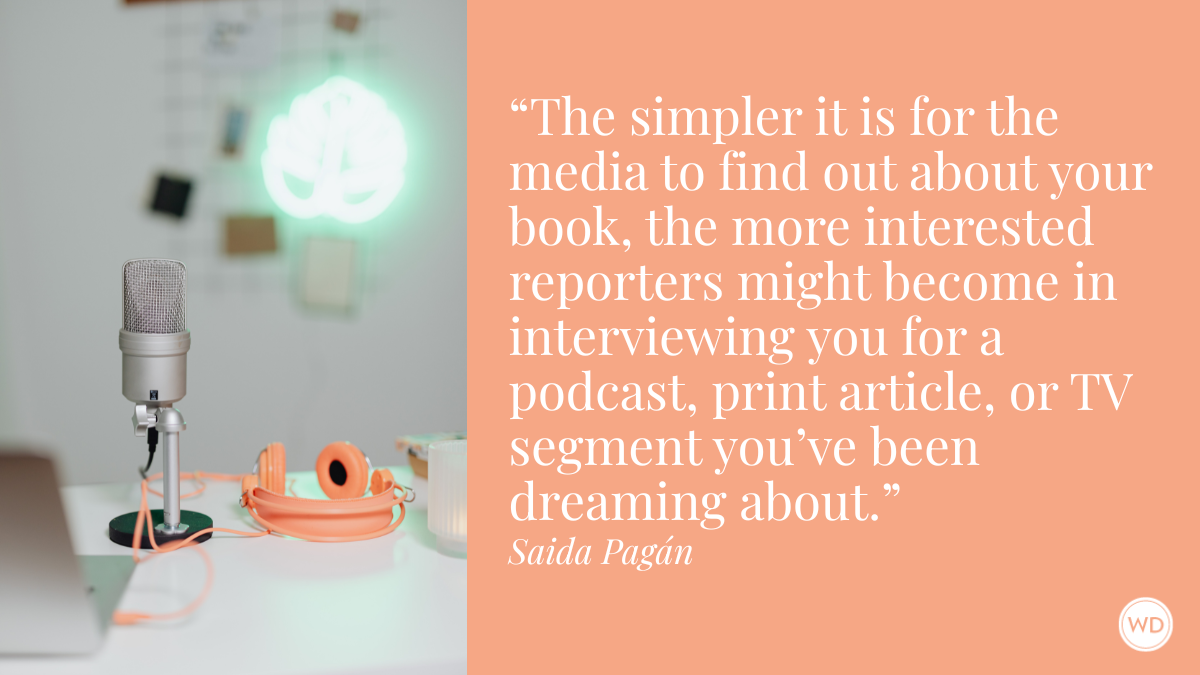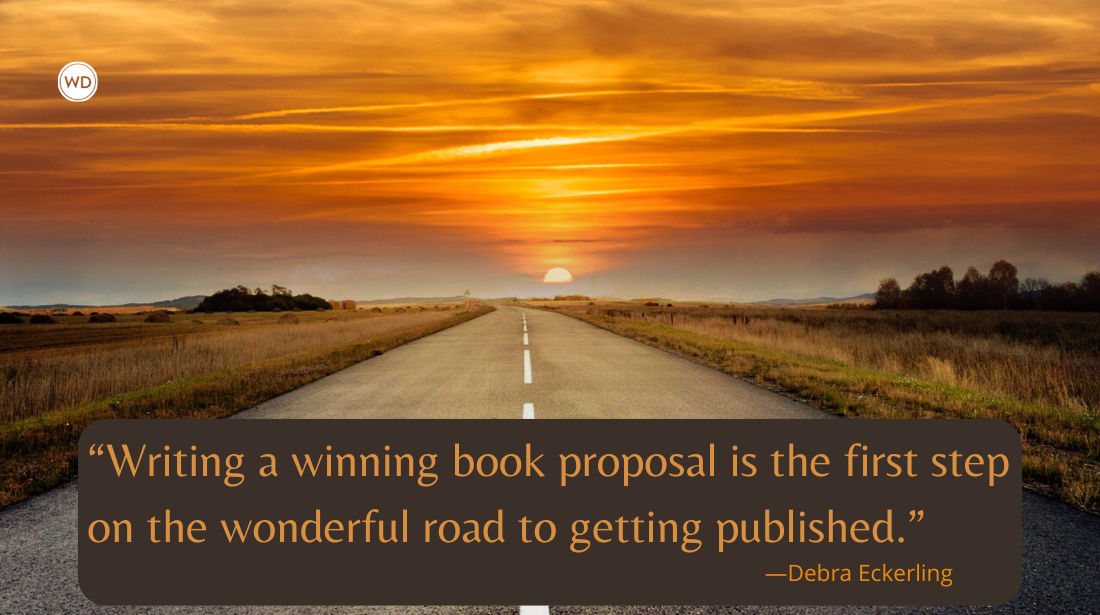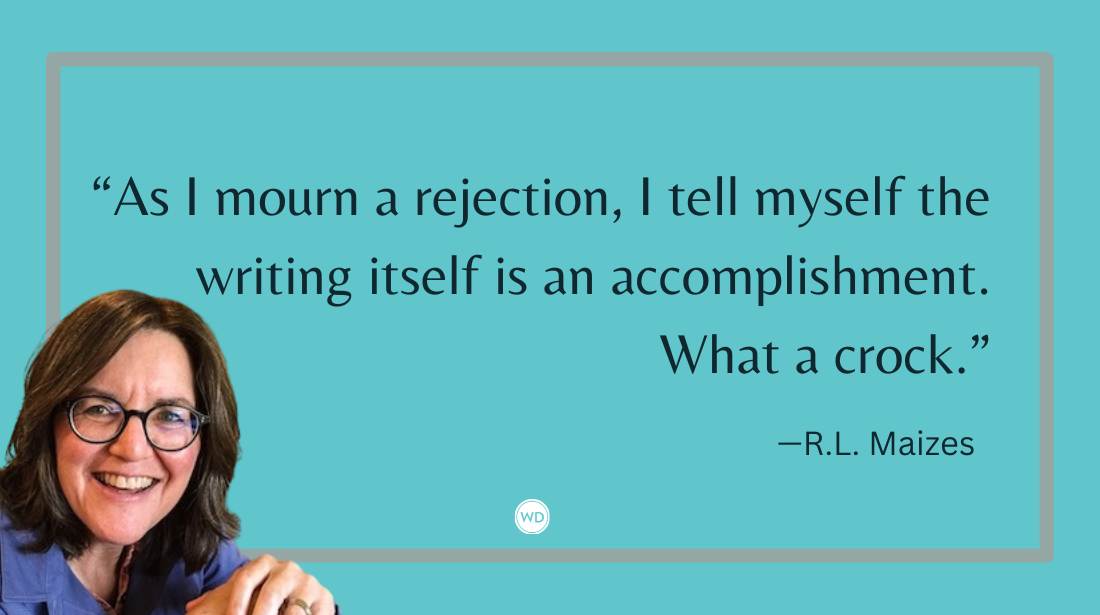2 Concrete Ways to Keep Your Writing Career Moving Forward
Today’s guest post is by debut author Justin Kramon, author of Finny, which releases today. In its review of Finny, Publishers Weekly calls Kramon a find, so I am very…
Today's guest post is by debut author Justin Kramon, author of Finny, which releases today. In its review of Finny, Publishers Weekly calls Kramon a find, so I am very delighted to feature his best advice for aspiring novelists here at There Are No Rules. You can also read this previous post, where I mention Kramon's piece for Glimmer Train, on how music helps us name the unnamable.
--
Before I started working on Finny, I felt pretty hopeless about my prospects as a writer, among other things. Despair is probably the biggest pitfall I’ve come up against as a writer, and it seems like the writers who stick around for a long time must find some way to manage the disappointment.
In my MFA program, there were a lot of outstandingly talented people who never published and have stopped writing, and I think the despair is a big reason, the feeling of hopelessness about where it would all lead. But who knows. Maybe they all got jobs at Maxim.
I could talk more about disappointment and despair, but since this is meant to be a cheerful and practical post, I’ll mention a couple concrete things I’ve done to keep my writing career moving forward, even at times when I wasn’t necessarily publishing a lot.
These are all things that seemed to help my writer’s resume, so that when I approached agents, magazines, and publishers, I might be taken a little more seriously than the guy who was writing the memoir about his goldfish saving his life. (Actually, I would love to read that book.)
When I asked my agent, Ayesha Pande, what she could have possibly found appealing about me as a client when I wrote to her initially, here’s what she said:
Iowa Writer’s Workshop establishes your credentials, but more so do the fellowships and publications in literary journals and the fact that you completed a novel … letting agents know that you will be able to get support by established writers, whether in the form of blurbs or joint readings or nominations for awards, that’s really important and helpful.
Of course, an agent never sees the staggering number of rejections and “Thanks but I don’t think this is for us” letters a writer receives before approaching the agent. (I mean, entire forests have been leveled in the service of keeping me out of The Georgia Review.)
But there are so many opportunities for contemporary American writers—as compared to, say, writers in Stalinist Russia—that I’ve found it helpful for my morale to always keep a number of balls in the air. When I get a rejection from an award or magazine or fellowship, the best antidote I’ve come up with to combat the disappointment is to send out my work to a dozen more awards, magazines, or fellowships.
One opportunity is writers’ residencies, during which an organization pays for your room and board while you work on a writing project. The most famous ones in the U.S. are Yaddo and MacDowell, but there are a lot more. There are also some amazing international residencies. The two most helpful free listings of residencies I’ve found are at TransArtists.org and ArtistsCommunities.org. In TransArtists.org, if you click on the “search” link under “residency opportunities,” you can search by country, which makes it feel a little like Hotels.com.
I think the advantage of an artist residency is three-fold. First, it’s a meaningful award to add to your resume. Second, you’re getting paid to write, which is shocking. Third, you’re getting to travel. Through writers’ residencies, I’ve spent time in a medieval castle in Scotland, and on the Ligurian coast in Italy. Next stop, Detroit.
Another thing my agent mentioned was helpful was that I had the support of some established writers. A lot of early-career writers meet established writers at MFA programs or S&M clubs, but another less-committal type of place where I’ve met writers is writing conferences.
A lot of conferences offer opportunities to take classes with well-known writers and show them your work. Some of the conferences are expensive, but probably not as expensive as a bender in Atlantic City And unlike the bender, there are often fellowships available. Click here for a listing of conferences and residencies in the U.S., from Poets & Writers magazine.
If you have a known writer who supports you and can be an advocate for your work, it really does help open the door a little.
Poets & Writers also has a calendar of awards and fellowships. I make a note to check this calendar every month and click on any awards I think I might be eligible for. A lot of them are free to apply for.
Like I said, I find it useful both for my resume and my serotonin levels to always be submitting and applying and putting my name out there. It has become a constant part of my life and a regular monthly expense—like groceries and crystal meth. (I’m totally kidding about the groceries.)
It often feels like I’m getting nowhere, but when I put together an application letter or a bio, I realize that by some miracle I do have a few accomplishments to mention in it.
--
Justin Kramon's debut novel, Finny, releases today. Go check it out, or visit Justin's site.
Jane Friedman is a full-time entrepreneur (since 2014) and has 20 years of experience in the publishing industry. She is the co-founder of The Hot Sheet, the essential publishing industry newsletter for authors, and is the former publisher of Writer’s Digest. In addition to being a columnist with Publishers Weekly and a professor with The Great Courses, Jane maintains an award-winning blog for writers at JaneFriedman.com. Jane’s newest book is The Business of Being a Writer (University of Chicago Press, 2018).









